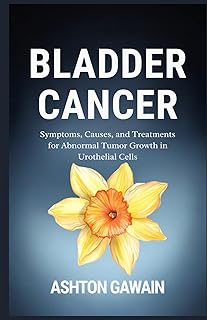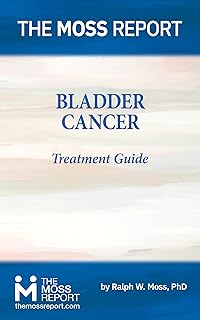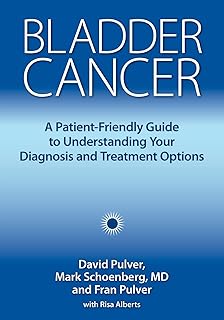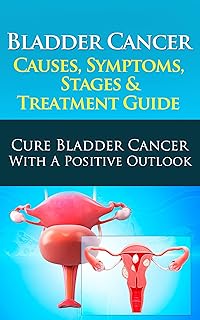An international trial led by Professor Dickon Hayne from The University of Western Australia has unveiled a promising advancement in bladder cancer treatment. The study combined a chemotherapy drug with an immunotherapy treatment, demonstrating simplicity, safety, and effectiveness for patients with non-muscle invasive bladder cancer.
Professor Hayne emphasized the significance of this breakthrough, stating that current treatment methods often result in the need for bladder removal or irradiation in a significant percentage of high-risk tumor patients within five years, despite the best available treatment options.
Over 500 participants from Australia and the UK were involved in the bladder cancer trial conducted between 2013 and 2023. The trial combined the chemotherapy drug mitomycin with the existing treatment BCG, which utilizes modified bacteria to trigger an immune response against early cancer cells, administered via a catheter.
The phase 3 trial focused on assessing cure rates, survival outcomes, side effects, and the quality of life for patients with non-muscle-invasive bladder cancer. Results indicated that the combination of mitomycin and BCG was not only efficient and safe but also necessitated fewer treatment discontinuations and reduced BCG doses compared to using BCG alone.
Professor Hayne highlighted the potential of this treatment approach to offer a simple and cost-effective solution for patients suffering from bladder cancer, especially amid the global shortage of BCG that has persisted for the past five years. By incorporating mitomycin into the treatment regimen, patients could require 40% less BCG, easing the strain caused by the scarcity of this vital component.
The trial, spearheaded through the Australian and New Zealand Urogenital and Prostate Cancer Trials Group (ANZUP), offers hope for enhancing bladder cancer treatment options and improving patient outcomes. This innovative approach holds promise for addressing the challenges posed by the shortage of essential medications and streamlining the treatment process for individuals battling this prevalent and debilitating form of cancer.
📰 Related Articles
- Study Reveals Potential of Ultrasound in Pancreatic Cancer Treatment
- Study Reveals Liquid Biopsy’s Impact on Cancer Treatment Decisions
- University of Queensland Researchers Make Breakthrough in Bladder Cancer Immunotherapy
- Ultrasound-Guided Thermal Ablation: Promising Treatment for Thyroid Carcinoma
- Ultrasound-Guided Botulinum Toxin Injection: Effective Treatment for Overactive Bladder






